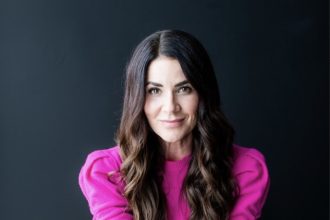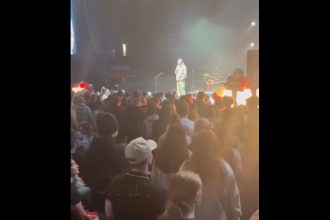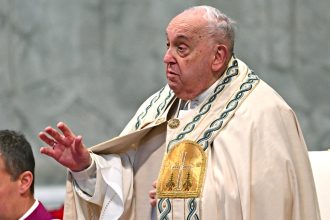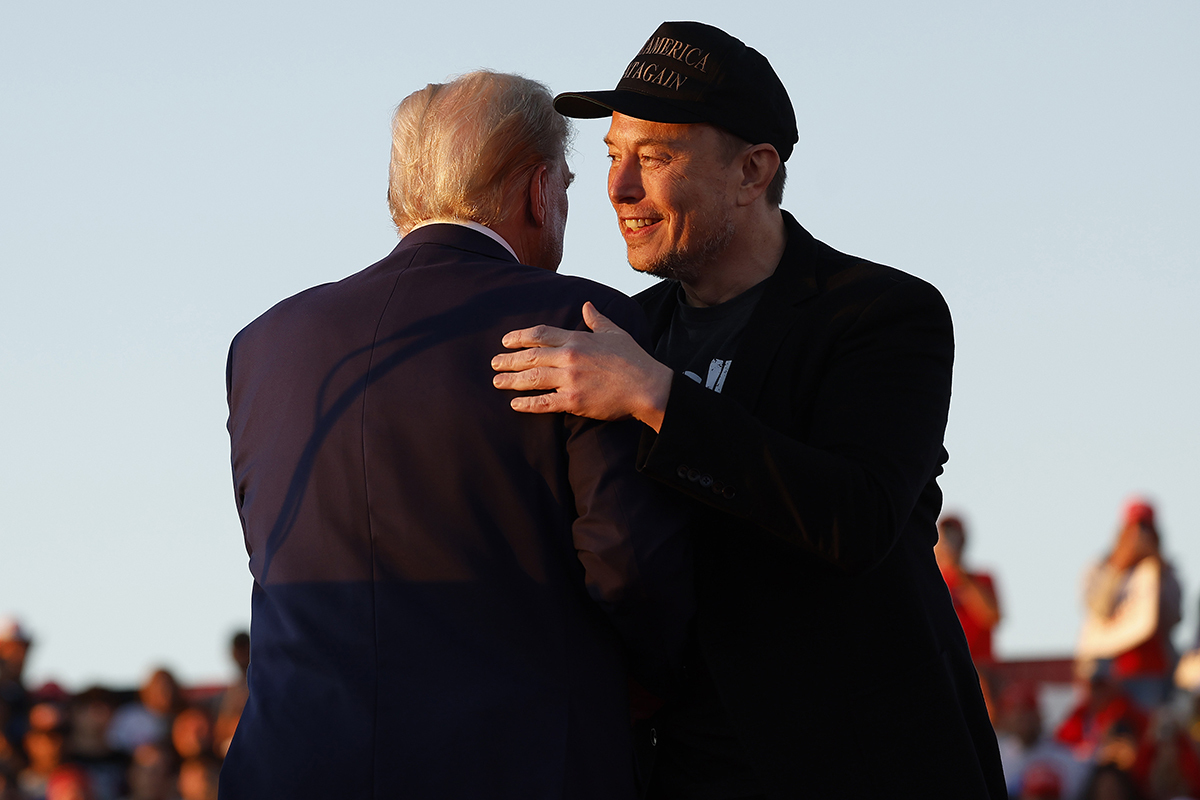
Dear Chuck,
Our “Dear Leader” Elon Musk seems to have taken over the federal government. Are you concerned yet?
No Fan of DOGE
Dear No Fan of DOGE,
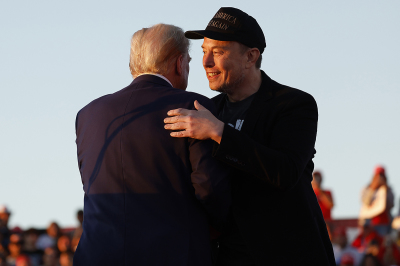
Today’s question is taken from an actual offline conversation I had with a friend who sarcastically used the term “Dear Leader” to refer to Elon Musk. We ended up in a polite and meaningful exchange over whether the Department of Government Efficiency (DOGE) is a blessing or a curse. I decided to provide a more thoughtful reply for the many who may be wrestling with the same concerns.
Egotistical dictator or heroic innovator?
Referring to anyone as “Dear Leader” is typically used to criticize a government official or political leader, suggesting authoritarianism, excessive control, or a cult of personality. The phrase is most famously associated with Kim Jong-il, the former dictator of North Korea. His leadership was characterized by extreme propaganda, strict control over citizens, and suppression of dissent. Having studied the motivations and methods of economies ruled by authoritarian leaders, this comparison falls flat because the goals of DOGE are exactly the opposite. Elon Musk has been tasked as a non-compensated, non-employee to provide technology tools to identify fraud, waste, and abuse of government funds. He has aptly framed the challenge as an effort to empower the people (taxpayers like you and me) vs. bureaucratic engines that have operated without real accountability for the stewardship of taxpayer funds.
To better understand the man and his modus operandi, I will refer to Walter Isaacson’s 2023 authorized biography entitled Elon Musk. I read the book with great interest as soon as it was released, which was well before Elon became actively involved in President Trump’s reelection campaign. The famed journalist and best-selling biographer followed Elon for two years, interviewing his friends, family, and adversaries. I found the book surprisingly transparent and balanced.
The book chronicles Elon’s sweeping achievements through investing in or leading modern companies that disrupted the status quo in multiple industries, ranging from online payments (PayPal) to automobile manufacturing (Tesla) to tunnel boring (The Boring Company) to satellite-based internet service (Starlink) to transforming the social media platform formerly known as Twitter (X.com) to the most successful private rocket venture in history (SpaceX). While pointing to his unparalleled commercial successes (which made him presently the richest man on the planet), the book does not attempt to gloss over his immoral lifestyle and challenging personality. Elon is able to quickly identify and focus on the key challenges, solve them, and move on to the next. He is generally impervious to what others think of him and has been known to fire employees on the spot without concern for their feelings throughout his storied career.
My key takeaway from the book, which is relevant to the question at hand, is the method Elon developed to create these remarkable, powerful ventures. He suffered enormous stress while attempting to save Tesla (currently one of the most valuable automobile companies in the world) from bankruptcy and created what he now calls his “algorithm” to solve complex problems.
Things happening with DOGE will become much clearer by looking at an abbreviated format of his algorithm (quotes taken from Isaacson’s book):
1. Question every requirement
“Each should come with the name of the person who made it. You should never accept that a requirement came from a department … Then you should question it, no matter how smart that person is. Requirements from smart people are the most dangerous, because people are less likely to question them. Always do so, even if the requirement came from me [Elon]. Then make the requirements less dumb.”
2. Delete any part or process you can
“You may have to add them back later. In fact, if you do not end up adding back at least 10% of them, then you didn’t delete enough.”
3. Simplify and optimize
“This should come after step two. A common mistake is to simplify and optimize a part or process that should not exist.”
4. Accelerate cycle time
“Every process can be speeded up. But only do this after you have followed the first three steps. In the Tesla factory, I mistakenly spent a lot of time accelerating processes that I later realized should have been deleted.”
5. Automate
“That comes last. The big mistake in Nevada and at Fremont [Tesla factories] was that I began by trying to automate every step. We should have waited until all the requirements had been questioned, parts and processes deleted, and the bugs shaken out.”
Here are some ancillary thoughts and principles regarding Elon’s management approach:
- It’s OK to be wrong. “Just don’t be confident and wrong.”
- Whenever there are problems to solve, don’t go directly to your managers. “Do a skip level and meet with the level right below your managers.”
- The only rules are the ones dictated by the laws of physics. “Everything else is a recommendation.”
Staving off bankruptcy for Uncle Sam
In 1994, Crown’s late founder, Larry Burkett, wrote a nationwide best-selling book titled The Coming Economic Earthquake. It warned of the dangers of an economic collapse if our federal government was unable to control its spending and borrowing. He called for better stewardship of our national assets for the benefit of every American. Saving our nation from fiscal ruin should not be a partisan issue. Musk, who happens to be the largest individual taxpayer in American history, with an estimated $11,000,000,000 (11 billion) in taxes paid, has voiced the same concerns.
Elon has openly stated many times that he believes America is on the path to bankruptcy — and quickly. If you are paying close attention, he is not exaggerating his concerns:
“America is headed for de facto bankruptcy very fast,” Musk posted to X, quoting a warning from a finance account: “The U.S. government is on pace to spend about $1.4 trillion for interest payments on the $36 trillion in debt during 2025. That will be about 28% of all government revenue going to interest payments.”
The consequences of a collapse of the US Dollar would have far more devastating and lasting consequences than the temporary pain and turmoil being caused by the painful and abrupt reduction in the largesse of our federal bureaucracy.
America has long needed to gain control of our runaway federal spending and subsequent debt and return to a place of real credibility in the “good faith and credit of Uncle Sam.” Traditional efforts to adopt a bipartisan “austerity plan” in which the federal budget is tightened, we learn to live within our means, and we collectively work toward paying down our $40,000,000,000,000 (40 trillion) of debt have failed. We have all heard it talked about, hotly debated, and even feebly attempted, but no meaningful action resulted — until now.
While unorthodox and unsettling to some, Elon’s “algorithm” is the basis of how DOGE is approaching the seemingly impossible task of steering the American government away from the cliff of national bankruptcy. It has worked for him repeatedly in business, and now he is using this approach in government — something most never expected would happen.
Elon Musk has put everything on the line to fix a massive problem. Saving the nation from bankruptcy could be the single greatest achievement of Elon Musk’s life. It may not only save America, but in the long term, it will also bless every citizen, every creditor of our nation, and every freedom-loving country that depends on us for economic prosperity and national security. If we survive and prosper, millions around the world will also survive and prosper. If this ship sinks, we are in the boat together.
He is not a perfect man nor a “Dear Leader.” He is, however, a courageous man willing to take the stress, heartache, rejection, and hatred necessary to attempt to save us from our fiscal madness. For that, we should be grateful, without placing our faith and confidence in a man, regardless of their achievements.
“Some trust in chariots and some in horses, but we trust in the name of the LORD our God” (Psalm 20:7 ESV).
Most of us can agree that this fiscal exercise is necessary, but it does come with a painful human toll. Some will experience loss, grief, and career displacement. For those, we should be empathetic. Believers should demonstrate genuine compassion to those suffering job or funding loss, shock, and fear. Neither good stewardship of our national funds nor compassion for our neighbors should be a partisan issue.
Do you want more tools and tips on financial stewardship? Are you interested in receiving ministry updates from around the world? Sign up to receive the Crown Newsletter emails by using the form on the homepage at Crown.org.
Chuck Bentley is CEO of Crown Financial Ministries, a global Christian ministry, founded by the late Larry Burkett. He is the host of a daily radio broadcast, My MoneyLife, featured on more than 1,000 Christian Music and Talk stations in the U.S., and author of his most recent book, Economic Evidence for God?. Be sure to follow Crown on Facebook.

